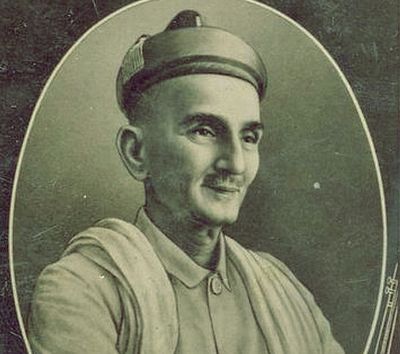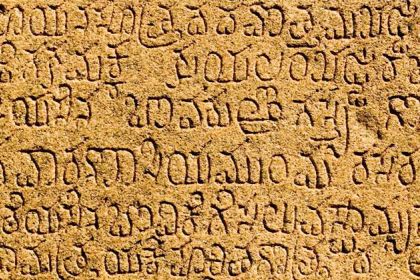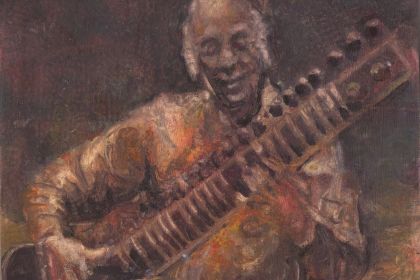SITAR
Bhatkhande: the man who canonized music theory that introduced Indian classics to the West

Vishnu Narayan Bhatkhande
Vishnu Narayan Bhatkhande was an Indian sitarist and major musicologist who, in the early 20th century, developed a notation system and canonized the musical practices of the Indian subcontinent that had been previously passed on through oral tradition. His thaat system, involving ten musical scales, is designed to arrange the melodic structure of Hindustani ragas and vocal repertoire of Carnatic traditions.
To work on the modern theory of Indian classical music, Bhatkhande travelled extensively around the country, delving into the essence of musical training in various gharanas as well as carefully studying musicological texts in Sanskrit, including the Natya Shastra and Sangeet Ratnakara.
While conducting one of his most important works on the notation system, he was often met with opposition as some influential gurus showed prejudice to Bhatkhande's innovative ideas and were in no hurry to share their performing techniques and compositions, considering music to be the sacred heritage of their families only. One such occasion saw Bhatkhande facing difficulties when outlining the oldest collection of original songs preserved from the time of the legendary Mian Tansen.
This rich collection of Drupads was kept by the veena musician Wazir Khan who served as the head of the Music Department of Rampur State during the time of Nawab Hamid Ali Khan of Rampur. After receiving a clear rejection from Wazir Khan, Bhatkhande resorted to tricks and became a disciple of Nawab whose musical skills were very impressive. Nawab was delighted with the idea of popularizing the repertoire of Senia Gharana and obliged Wazir Khan to collaborate with Bhatkhande.
Bringing together the disparate musical knowledge from across the country, Bhatkhande established the All India Music Conference to provide a common platform for discussion between classical musicians of both Hindustani and Carnatic traditions. His theoretical works not only allowed to preserve the treasures of Indian music but also anticipated the emergence of cross-cultural projects that mixed Indian and Western classics.
Listen to Raga Tilang performed by Ravi Shankar and Yehudi Menuhin:
Curiously, the greatest sarod maestro Allauddin Khan has also employed some artful methods of appealing directly to Nawab of Rampur in order to become a pupil of Wazir Khan. It was Allauddin Khan who eventually brought the musical training system to an incredible level by educating dozens of diverse musicians, including Ravi Shankar and Ali Akbar Khan whose merits in introducing Indian classics to the worldwide audience cannot be overestimated.



